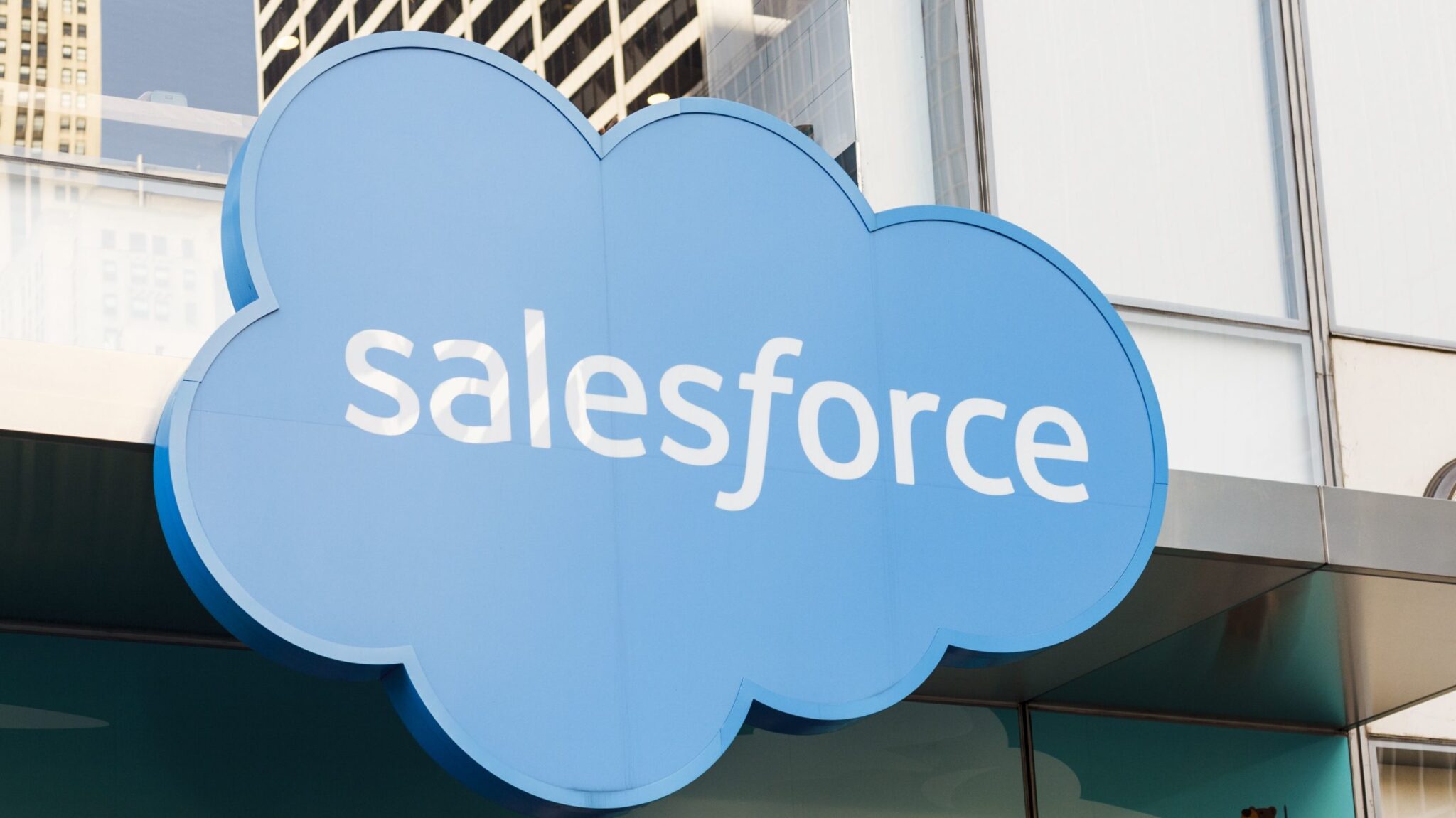Salesforce, the iconic SaaS software marketplace, is entering a new phase – one in which artificial intelligence is expected to not only drive innovation but also justify billions of dollars in investment. At the Dreamforce conference, the company announced that it aims to surpass $60 billion in revenue by 2030, beating previous Wall Street analyst forecasts (around $58.4 billion, according to LSEG). This is a strong signal to the market: the ‘AI-first’ era in the cloud is starting to have concrete financial targets.
At the same time, Salesforce is operating in a stressed reality. The company’s share value has fallen 29% this year, demonstrating investors’ growing impatience with companies promising breakthroughs in AI. Although the stock has recently rebounded by around 4% following the publication of long-term forecasts, the market is awaiting evidence that AI can realistically improve margins and monetisation.
Central to the strategy is the Agentforce AI platform – an agent system that automates processes in sales, service or marketing. Salesforce claims that Agentforce will enable customers to reduce operational costs and create new revenue models. The global availability of Agentforce 360 is expected to be a step towards full integration of AI into the cloud tools ecosystem.
In May, the company decided to buy Informatica for around $8 billion. This is a purely infrastructural move: without a solid data foundation – integration, quality policies and governance – agent-based AI has nothing to ‘live off’. Salesforce is therefore betting on full control of the data flow to avoid dependence on external partners.
Despite ambitious visions, the revenue forecast for the third quarter of this year remains below market expectations. The reason? Customers are holding back spending, waiting for real AI use cases to translate into ROI. This is a typical ‘hype curve’ stage – the technology is ready, but budgets remain conservative.
To maintain shareholder confidence, Salesforce has announced a $7bn share buyback over the next six months. This is a classic ‘we believe in our valuation’ signal.
Salesforce is becoming a test case for the entire cloud segment – whether AI-agents are a real operational revolution or just another layer superimposed over CRM. By 2030, the answer will be known not only to Wall Street, but to the entire B2B industry. If Agentforce delivers results, the pressure will shift to the competition: Microsoft, Oracle or SAP will have to respond with their own agents – and their own numbers.












